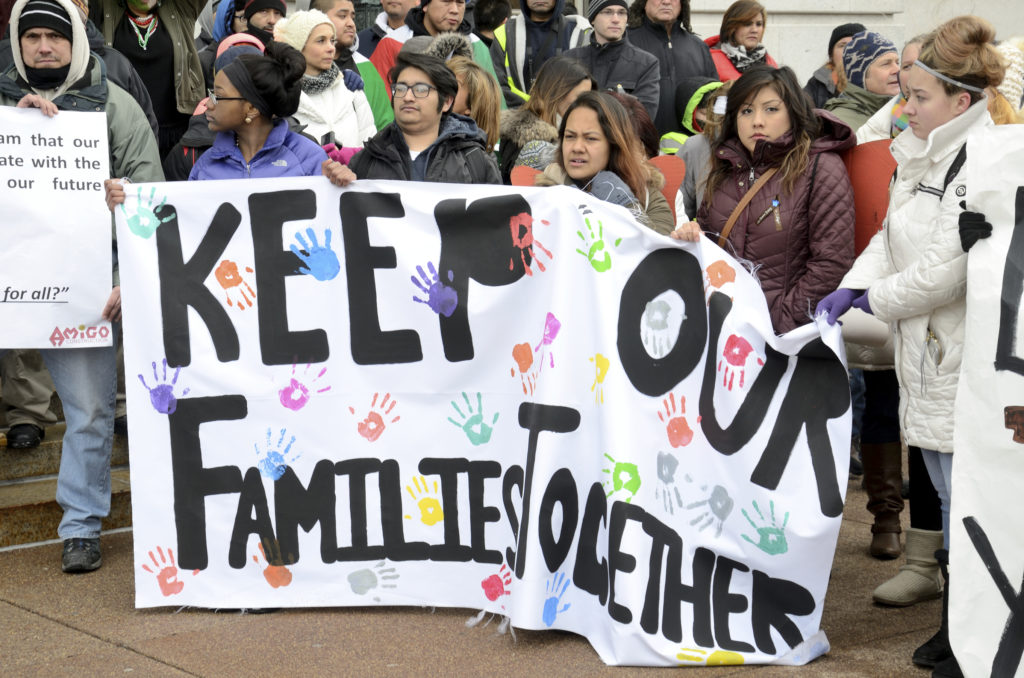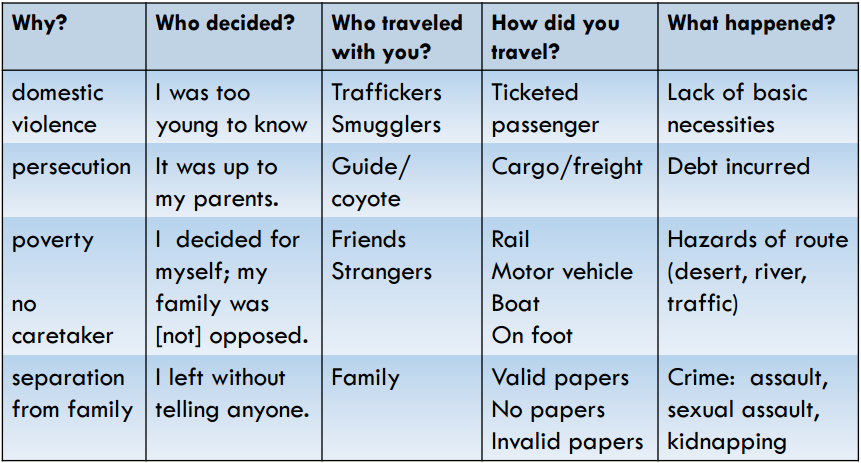2013 was a difficult year for the child welfare system in Kentucky as budget estimates failed to cover its growth and several funding cuts were made. Among these cuts was the kinship care subsidy, which helps kinship parents shoulder the additional cost of raising their relatives. Now, kinship parents across the state are coming together through what Kentucky grandparent Norma Hatfield calls the “Grandma Underground.”
Across the nation, kinship care has largely been considered the way forward in child welfare. As covered in our previous article, “Kinship Care in the United States: An Overview,” we explained how child welfare in the US is shifting to rely more and more heavily on kinship caregivers. This comes in the wake of studies and other evidence that life with relatives provides fewer disruptions and more positive outcomes for children in care. To ensure fewer disruptions, kinship programs employ what is known as “presumptive eligibility” – that is, the state presumes that a relative caregiver is eligible to be a foster parent and will place the child with them before the standard background checks and inspections are completed, with the understanding the caregiver in question complete such processes as soon as possible. Presumptive eligibility also allows kinship caregivers to receive the kinship care subsidy while being processed.
Continue reading






